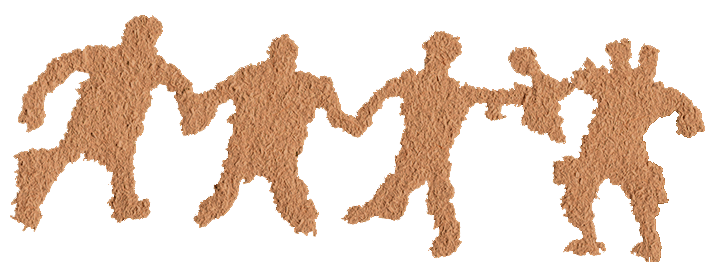| atpehe |
the level of the tide changes |
| ckuhpehe |
the tide is coming in |
| conopehe |
the tide stops rising |
| conopekiw |
it is slack water, is slack tide; the movement of the tide stops (when it is about to turn); (moving water) it stops |
| ehtahsi-kiskahk |
(conjunct forms only) every day; at every low tide |
| eqpahak |
at head of tide on river or inlet; (cap., Wol) in, at, to old village just upriver from Fredericton, New Brunswick (spelled variously in colonial records, e.g., Aukpaque); (cap., Pesk) in, at, to old village of Spring Hill, Maine |
| kiskot |
it is low tide; (with preverbs only) it is a day, the day is ..., the weather is ... |
| kiskotuk |
at lower part of mudflat; at low-water line |
| 'kopehe |
the rising tide surrounds or cuts off access (to rock, island, etc.) |
| ksakuwiye |
the tide is very high; it is spring or flood tide; the tide is at its highest in its monthly cycle |
| ksakuwiyenihke |
there are extraordinarily high tides (e.g., at each full moon or in hurricane) |
| ksehpehe |
the tide comes in |
| ksihkot |
the tide is at its lowest in its monthly cycle; it is neap tide |
| ksihkotihke |
there are regular low tides (e.g., with each new or full moon) |
| ksiyakuwiye |
the tide comes in (through narrows, into inlet, etc.) |
| macehkot |
the tide is starting to go out |
| macehpehe |
the tide is going out, the tide ebbs |
| malakuwiye |
the tide is gradually receding or going out |
| malkot |
the tide is not particularly high or low (after rising or falling) |
| nutiyakuwiye |
the tide goes out (through narrows, etc.) |
| olomihkot |
the tide goes out |
| olomihpehe |
the tide is going out, the tide ebbs |
| Pistoqahak |
name of tidal inlet between Carlow Island and Quoddy Village (near Sipayik); name also gives to the railroad bridge formerly at this location, also called Third Bridge |
| psonpehe |
s/he, it fills with water; (ii) it is high tide |
| psonpehenikotuk |
at upper part of mudflat; at high water line |
